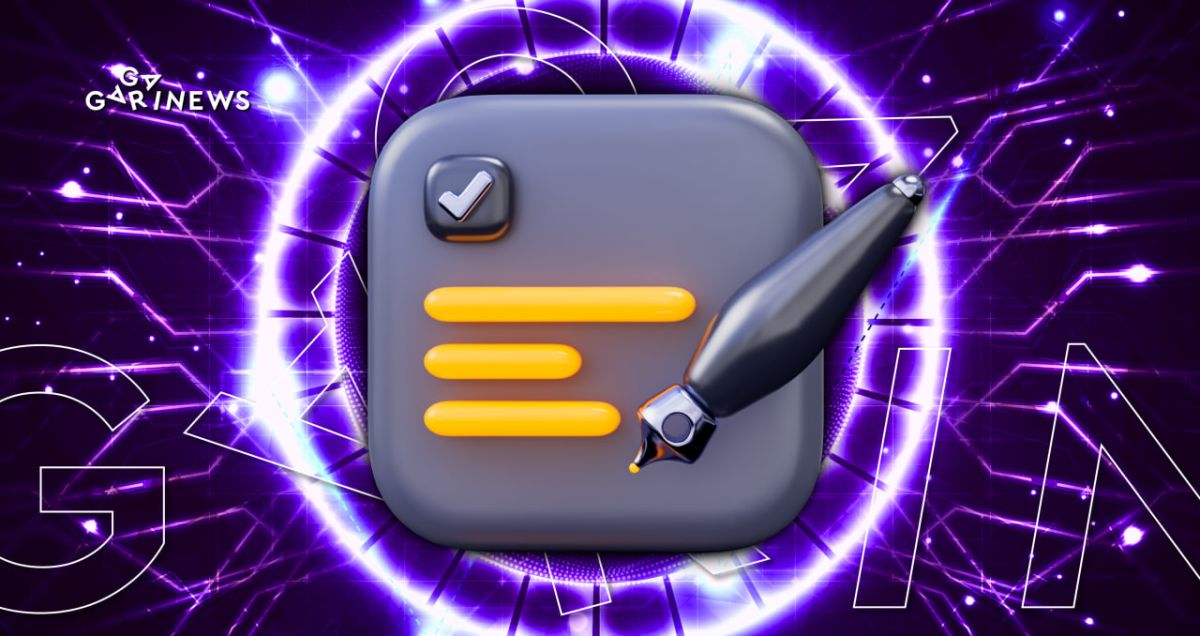What are smart contract audits and who conducts them?

A security audit is a specialized inspection of a smart contract to detect any code errors and vulnerabilities to external interference.
On this page
If you're planning to interact with a token, DeFi project, landing page, or other protocol, it's essential to ensure its reliability. Most blockchain-based applications and programs are built on smart contracts (a special computer program deployed on the blockchain).
A smart contract handles storage, exchanges, token transfers, coin minting, their lockup, and many other processes. Therefore, a security audit is necessary to identify the possible risks and vulnerabilities of the smart contract.
Major flaws in smart contracts
During a smart contract security audit, the probability of the following events should be evaluated:
● Contract hacking due to internal bugs or errors;
● Hidden scripts in the code installed by the project team.
Here is a list of the most common vulnerabilities found in contract code:
■ Recursive call: A smart contract's ability to interact with another contract even after the user changes and ends the transaction.
■ Integer overflow: An arithmetic error that can lead to incorrect calculations of sums and amounts of tokens within a transaction.
■ Front-running (tailgating): The code contains data on future transactions that can be used by interested parties for their purposes.
■ API key vulnerability: The project may be vulnerable to DDoS attacks, which can compromise the security of users’ platform keys.
■ Poor load balancing. A mis-optimized smart contract may consume a large volume of commissions and process transactions slowly, causing inconvenience to users.
The audit report produced at the end of a smart contract security audit outlines the code's robustness and potential risks that users may encounter.
The process of a smart contract audit
The security audit of a smart contract involves several stages:
● The audit team conducts the preliminary code analysis;
● The audit team shares the results with the cryptocurrency project managers to address the identified issues;
● Developers make necessary corrections to the smart contract and fix the errors discovered during the preliminary audit;
● The auditor provides a comprehensive report on the status of the smart contract and its security for users.
Major blockchain auditing companies
Many cryptocurrency projects turn to third-party auditing companies to verify the security of their smart contracts and demonstrate to future users that their funds are safe.
Here are the 3 most popular auditors:
● CertiK: A leader in the field of security verification for cryptocurrency projects. The company maintains an open rating of crypto projects based on audit results. CertiK has conducted audits for Polygon, Aave, Sandbox, Aptos, and many other renowned projects.
● ConsenSys Diligence: This company specializes in software development for blockchain products, and provides smart contract auditing services on Ethereum.
● Hacken: The company specializes in cybersecurity and security assessment of smart contracts. It provides audit, consulting, and education services in the field of cybersecurity.
CertiK Cryptocurrency Rankings by Security
Other reputable auditors include Hapi, KPMG, Deloitte, PwC, Ernst & Young (EY).
Fascinating facts
● The cost of a smart contract audit can range from a few thousand to a million dollars, depending on the complexity of the code, the timeframe, and the popularity of the auditing firm.
● Smart contract audits could be conducted manually by a group of experts or automatically using an AI algorithm. Before they start, the auditor must verify that the algorithm meets their parameters.
● Sometimes, projects can be hacked even after their security has been confirmed by an auditor. This can happen due to flaws in the audit itself, or due to the constant evolution of hacker attacks, which employ new methods to target protocols.
● A smart contract security audit can take anywhere from a couple of days to several months, depending on the complexity of the project.
The content on The Coinomist is for informational purposes only and should not be interpreted as financial advice. While we strive to provide accurate and up-to-date information, we do not guarantee the accuracy, completeness, or reliability of any content. Neither we accept liability for any errors or omissions in the information provided or for any financial losses incurred as a result of relying on this information. Actions based on this content are at your own risk. Always do your own research and consult a professional. See our Terms, Privacy Policy, and Disclaimers for more details.



























